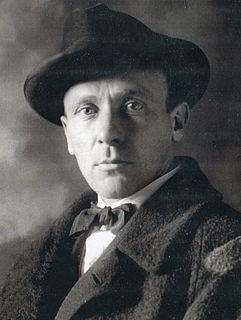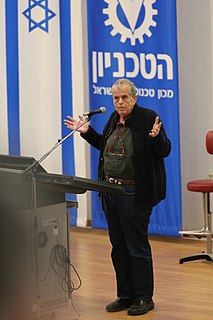A Quote by Mikhail Bulgakov
Literature has become my life.
Quote Topics
Related Quotes
Yes, the highest things are beyond words. That is probably why all art aspires to the condition of wordlessness. When literature works on you, it does so in silence, in your dreams, in your wordless moments. Good words enter you and become moods, become the quiet fabric of your being. Like music, like painting, literature too wants to transcend its primary condition and become something higher. Art wants to move into silence, into the emotional and spiritual conditions of the world. Statues become melodies, melodies become yearnings, yearnings become actions.
The way to rock oneself back into writing is this. First gentle exercise in the air. Second the reading of good literature. It is a mistake to think that literature can be produced from the raw. One must get out of life...one must become externalised; very, very concentrated, all at one point, not having to draw upon the scattered parts of one's character, living in the brain.
Books should confuse. Literature abhors the typical. Literature flows to the particular, the mundane, the greasiness of paper, the taste of warm beer, the smell of onion or quince. Auden has a line: "Ports have names they call the sea." Just so will literature describe life familiarly, regionally, in terms life is accustomed to use -- high or low matters not. Literature cannot by this impulse betray the grandeur of its subject -- there is only one subject: What it feels like to be alive. Nothing is irrelevant. Nothing is typical.
Christ and the life of Christ is at this moment inspiring the literature of the world as never before, and raising it up a witness against waste and want and war. It may confess Him, as in Tolstoi's work it does, or it may deny Him, but it cannot exclude Him; and in the degree that it ignores His spirit, modern literature is artistically inferior. In other words, all good literature is now Christmas literature.
What makes art in general, and literature in particular, remarkable, what distinguishes them from life, is precisely that they abhor repetition. In everyday life, you can tell the same joke thrice and, thrice getting a laugh, become the life of the party. In art, though, this sort of conduct is called 'cliche.'





































